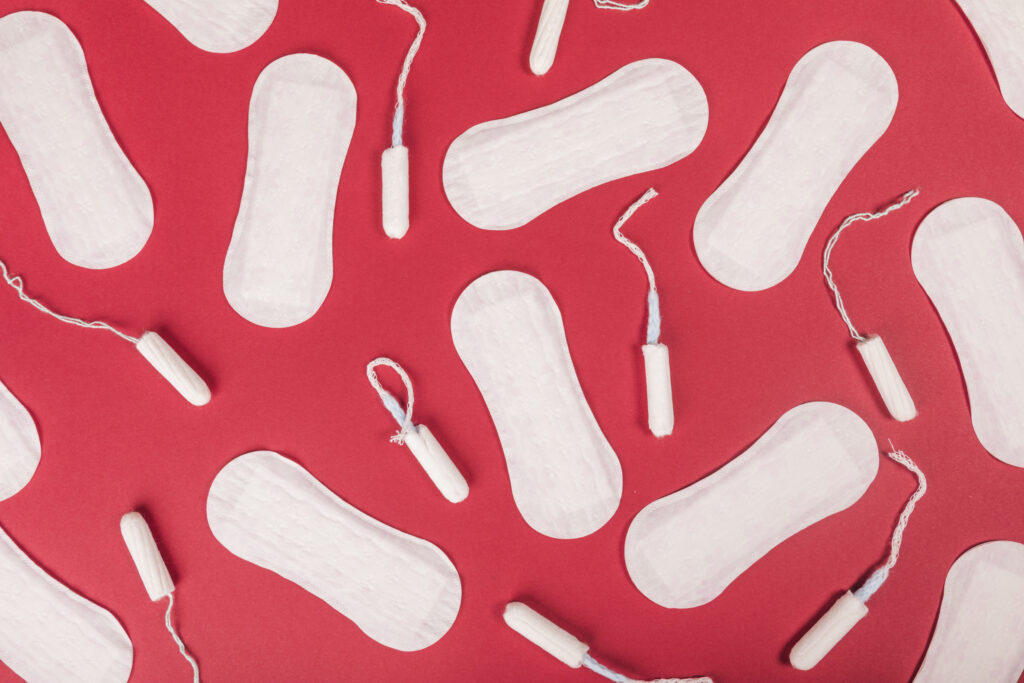Understanding Period Poverty

Period poverty is an issue that affects many people in the UK, particularly young people. It’s the inability to afford menstrual products, manage menstruation hygienically, and access information and support about menstruation. This blog provides information about period poverty and some of the causes and some resources if you are facing period poverty.
What is Period Poverty?
Period poverty is more than not being able to afford menstrual products; it also includes wider factors that prevent people from managing their periods with dignity. These include lack of education about menstruation, lack of sanitary facilities, and stigma surrounding periods. In the UK, it is estimated that one in ten young people cannot afford menstrual products.
Impacts on Young People
Here are some key ways young people are impacted by period poverty:
- Education: Lack of access to menstrual products often forces people to miss school during their periods, leading to gaps in their education that can affect their performance at school.
- Mental Health: The stigma and shame associated with period poverty can lead to feelings of embarrassment, anxiety, and low self-esteem, impacting mental health and well-being.
- Physical Health: Using inadequate or improvised menstrual products can cause health issues such as infections or other complications.
What Causes Period Poverty?
Understanding the causes of period poverty is important to address the issue effectively. Several factors contribute to period poverty among young people in the UK:
- Economic Inequality: Not all individuals have the financial means to purchase menstrual products regularly.
- Education: Insufficient menstrual health education leads to a lack of awareness about menstrual hygiene and the importance of using suitable products.
- Stigma: Taboos and stigmas surrounding menstruation create barriers to discussing and addressing period poverty openly.
If you want to help
Here are some ways you can help:
- Donation campaign: Organise donations to collect and distribute menstrual products to those in need.
- Support Groups: Creating support groups where individuals can discuss menstruation openly and seek advice and assistance.
- Awareness Campaigns: Create campaigns to raise awareness about period poverty and encourage other young people to get involved.
Support available to you
- Many places such as schools, colleges and community hubs offer free menstrual products. Many local councils also offer free menstrual products, some councils also offer online ordering services or have partnerships with organizations like Hey Girls for home delivery. Look at your local council’s website for information.
- Check out the Pick Up My Period app or website to look for providers in your area
- There is information and resources available to help you learn more about menstruation. The Bloody Brilliant website by the NHS Wales has lots of useful advice and resources created by medical experts. The Love Your Period campaign is Wales’ youth led activist group making periods and women’s health topics everyday discussion.
Period poverty is a critical issue that affects many young people in the UK. By understanding the causes, impacts, and solutions, we can break the stigma and ensure that everyone has access to the menstrual products and education they need. If you would like support, talk with Meic, the free information advice, and advocacy helpline in Wales. We offer confidential and anonymous support by phone, WhatsApp message, text, and online chat.






















